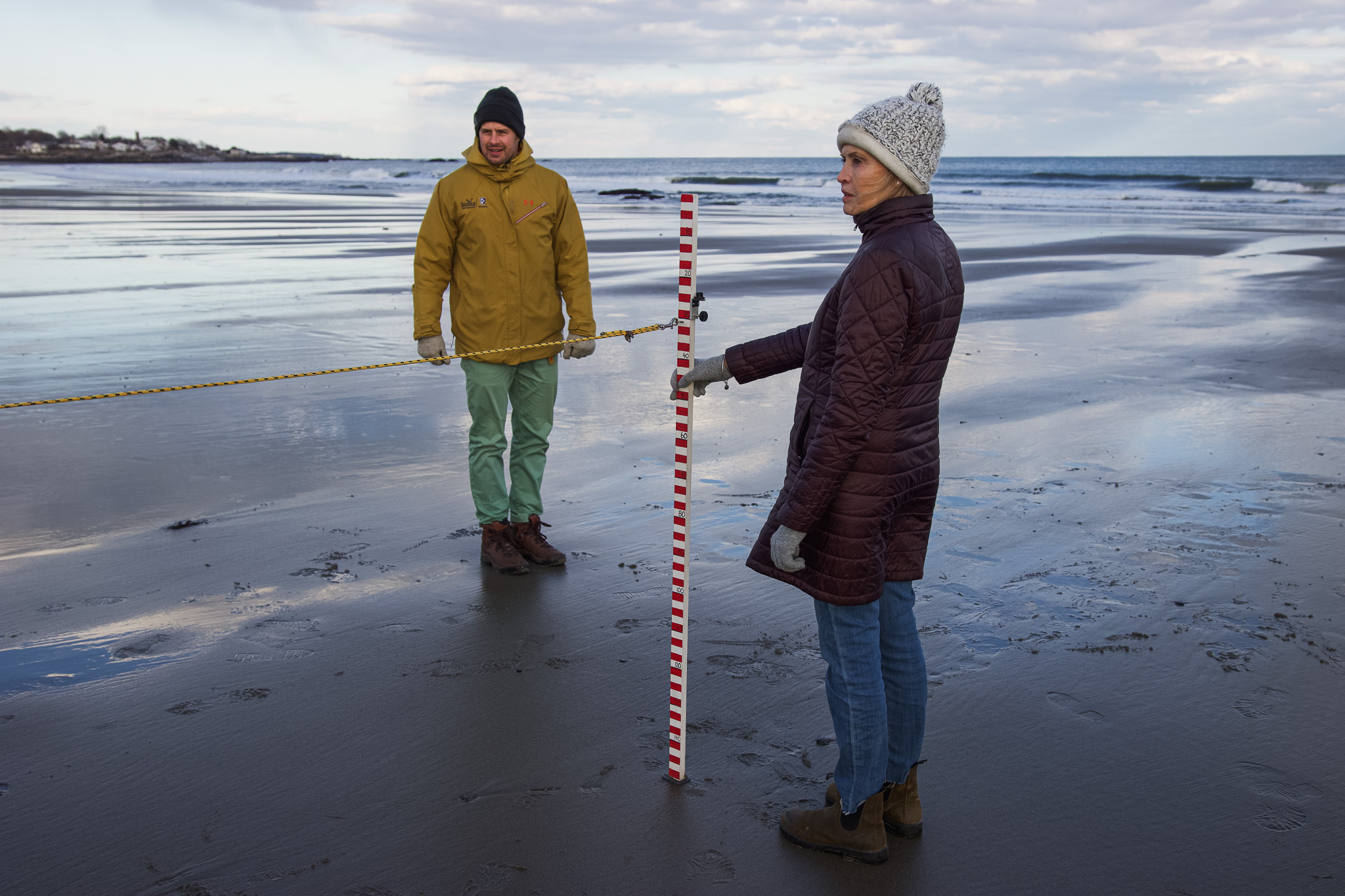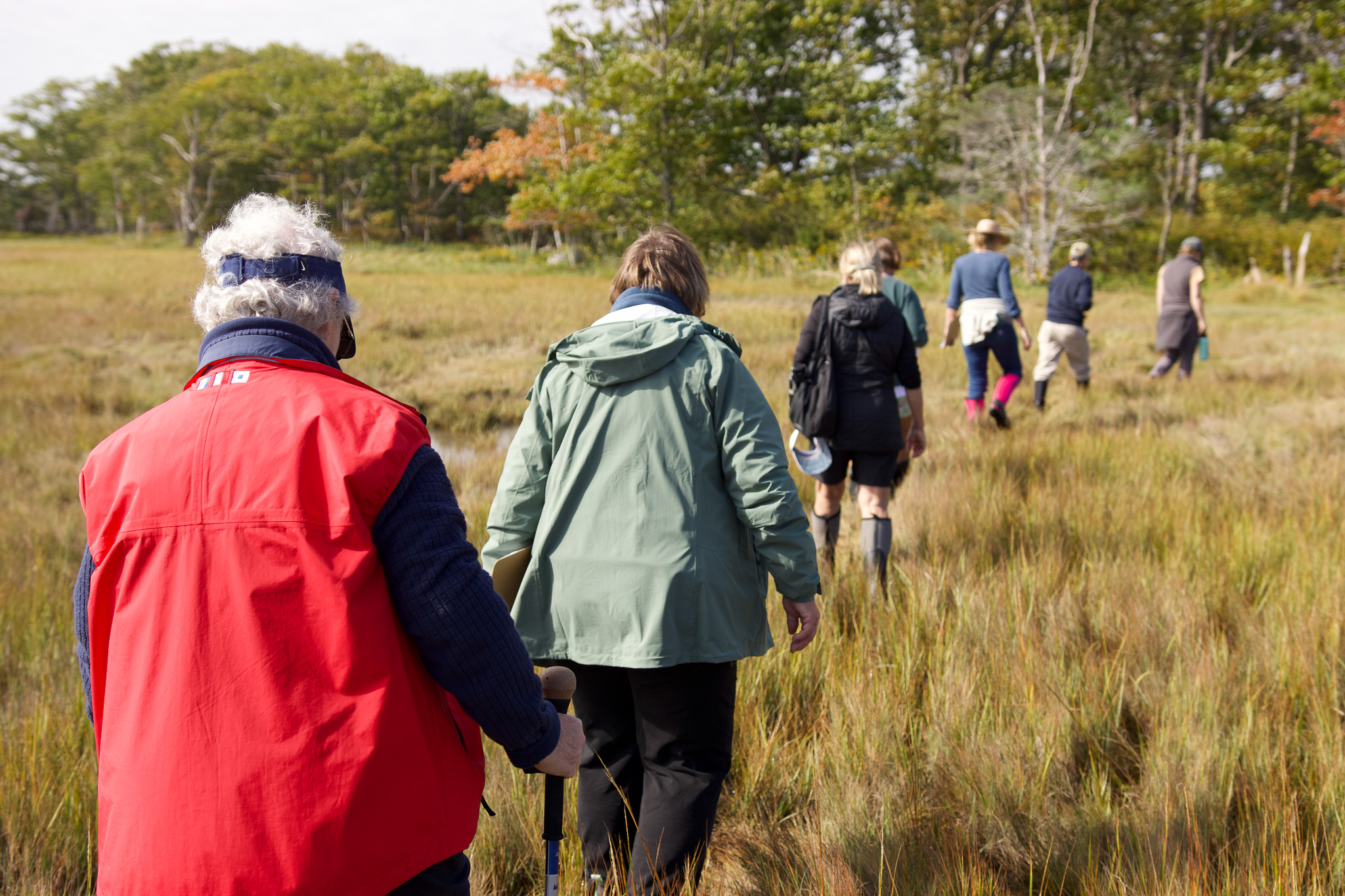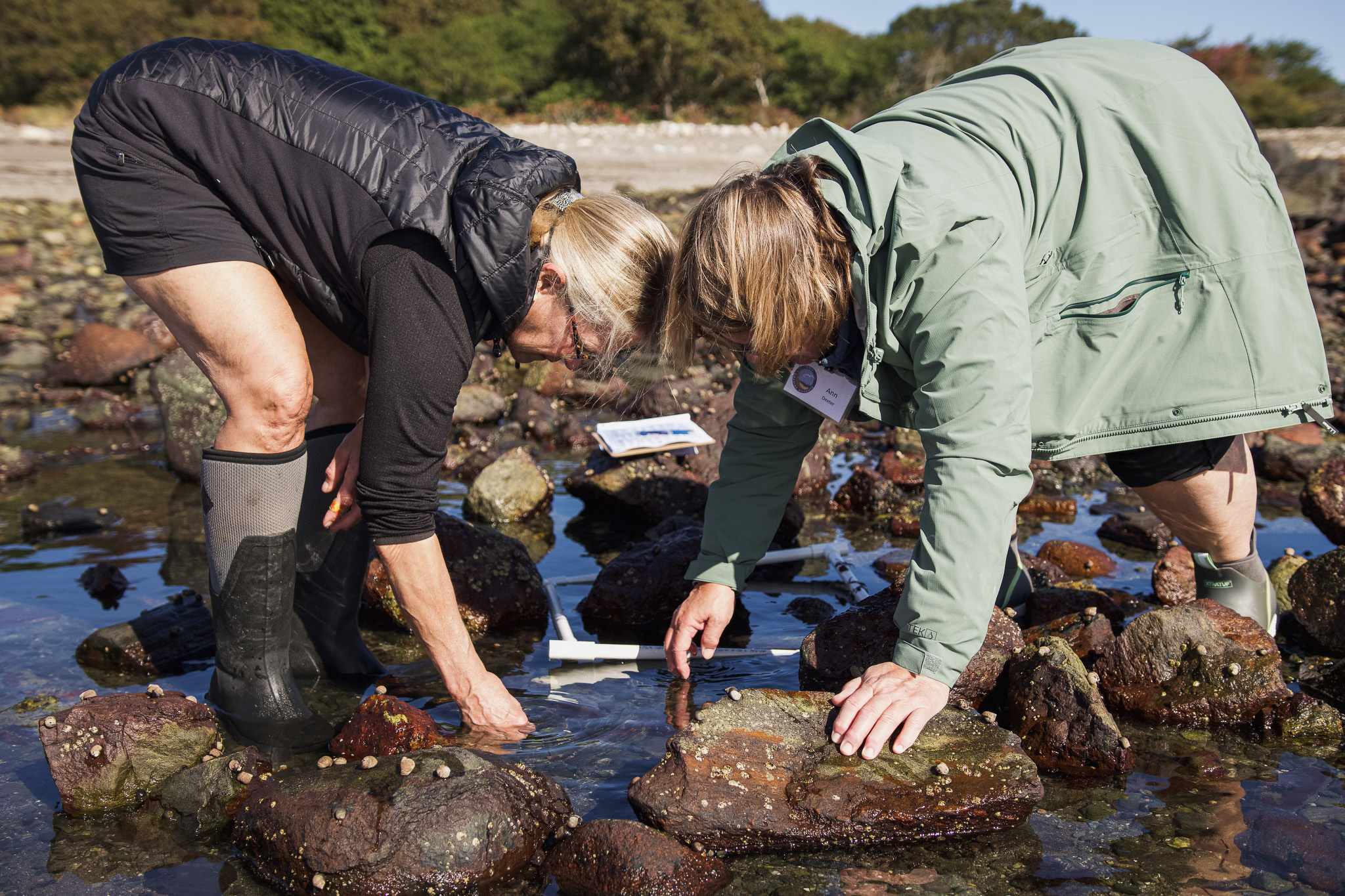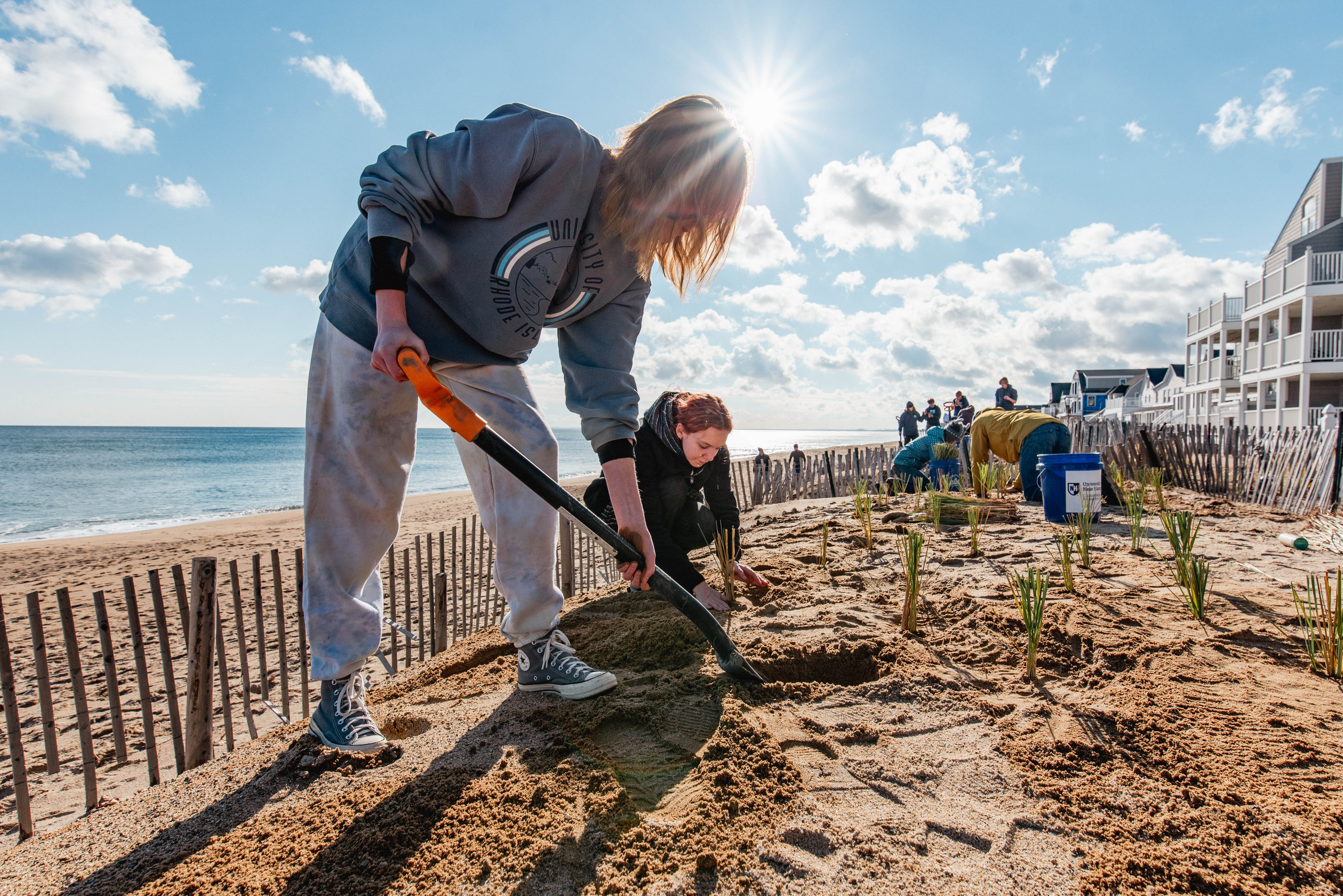Four Reasons to Volunteer for Coastal Science in New Hampshire

As the new year begins, it’s the perfect time to set meaningful goals that make a difference, not just for yourself but for the world around you. Gym memberships are great, but have you ever considered volunteering for our coastal environment?
Coastal ecosystems need more champions at the community level. From beach cleanups that show the direct threats of pollution, to citizen science efforts that help make sense of a rapidly changing Gulf of Maine, there are so many ways that you can use your skills to make New Hampshire’s small but mighty coastline a better place.
Whether you’re someone who uses the coast for recreation, economic benefit or simply cares deeply about our relationship with the natural world, this is your chance to dive into a rewarding adventure. If you need more convincing, here are four reasons why you should consider volunteering your time as a Marine Docent, Coastal Research Volunteer, or with one of our many amazing partner organizations here in the Granite State.
Which one of these four reasons to volunteer for coastal science resonates the most with you?
1. Turn the Tide on Pressing Environmental Issues
Today, our coasts face a variety of human-made threats including pollution, habitat loss, invasive species, over-exploitation, and climate change. By volunteering in the fields of coastal science and conservation, you can help to turn the tide on these pressing issues.
From the White Mountains to the Gulf of Maine, Granite Staters depend on clean water and a healthy coastal ecosystem to thrive. Our fate is tied to the natural world around us, whether it's the seafood we eat or clean water that we rely on for recreation. By helping to advance research, education, extension, and communication in our local communities, you can directly address these threats to our coasts.
- The Gulf of Maine is warming faster than almost any other ocean surface on the planet, bringing changes that we are beginning to witness today from range expansions of species northward (ex: blue crabs and black sea bass), to sea level rise.
- Emerging contaminants such as PFAS and microplastics pose a threat not only to coastal ecosystems, but to human health as well.
- Invasive species such as green and Asian shore crabs threaten to disrupt a variety of native marine species.
- With approximately 370 individuals remaining in existence (only 70 being reproductively active females) North Atlantic Right Whales are one of the planet’s most-endangered large whale species. These ocean giants call the Gulf of Maine home, and are threatened by entanglement in vertical fishing lines, and ship strikes.
2. Join a Community of Like-Minded Individuals
Are you looking to find ‘your people’ who love to nerd-out about tide pool animals, or have open-minded conversations about the latest news on local marine science topics?
Engaging with scientists, educators, and other volunteers who are passionate about marine conservation creates opportunities to build friendships, network, and foster a sense of community.
It’s a breath of fresh air to move out from behind a computer or phone screen and make a difference in your community with folks who share your goals.

3. Become a Lifelong Learner
"Wisdom is not a product of schooling but of the lifelong attempt to acquire it." - Albert Einstein.
Learning doesn’t stop after high school or college, rather this is just the beginning. For those thirsty to understand the constantly changing world around us, volunteering in coastal science can connect you with opportunities to learn-by-doing.
Gain professional experience and training in a field that not only keeps your mind sharp but can help build your skillset. Not to mention that volunteering in the field of coastal science gives you a great excuse to get outside and spend time near the water, connected with the natural world.

4. Make a Tangible Impact
Seeing the positive impact of your work on a community is both inspiring and contagious.
Your contributions can directly influence the health of New Hampshire’s coastal ecosystems. Whether you’re restoring salt marshes, conducting beach cleanups, or educating the public, volunteering can make a visible difference.
Watch as the dune grass you planted grows and creates a new habitat, weigh the debris you’ve removed from your favorite beach after a cleanup, and listen to students squeal with joy when they discover what fish are living in a local estuary.

Time is one of the most valuable resources that you can give to a cause. Take the first step by doing your research on current Coastal Research Volunteer projects, learning what it takes to become a UNH Marine Docent, and exploring other volunteer opportunities with New Hampshire Sea Grant’s partners:
